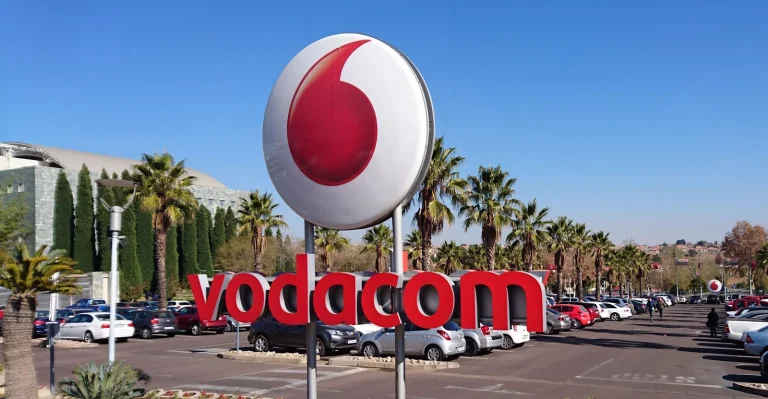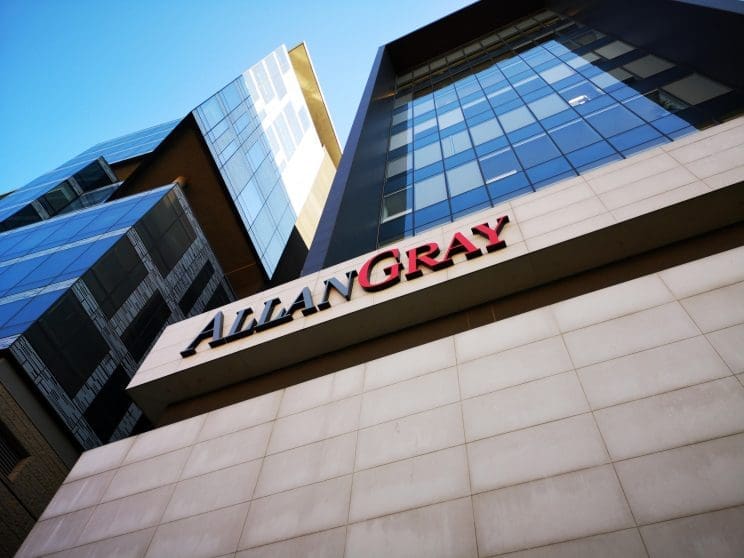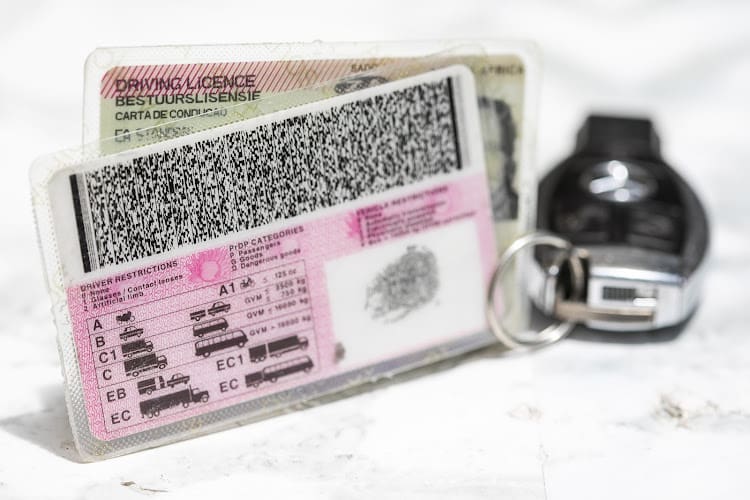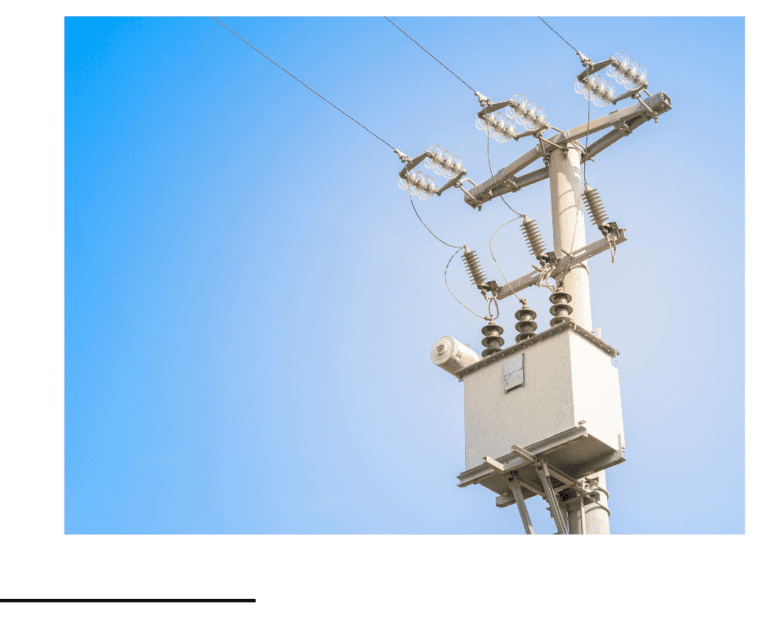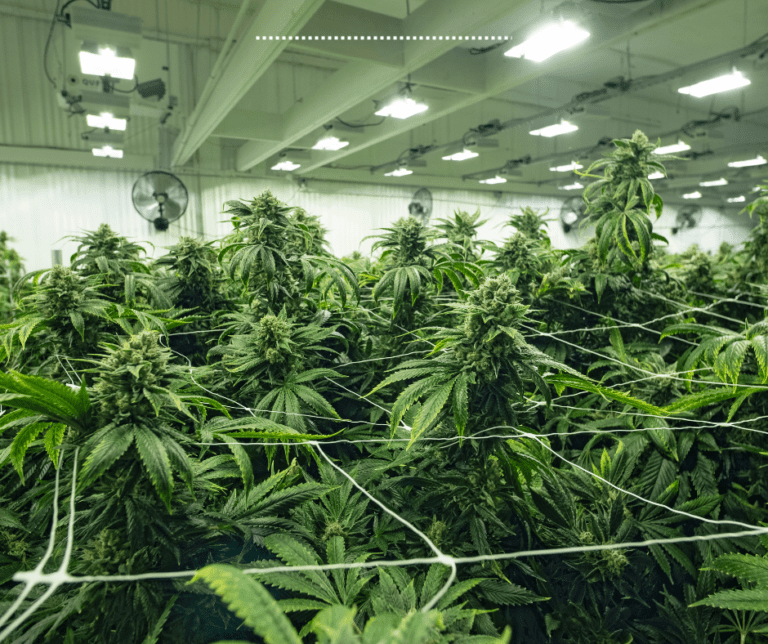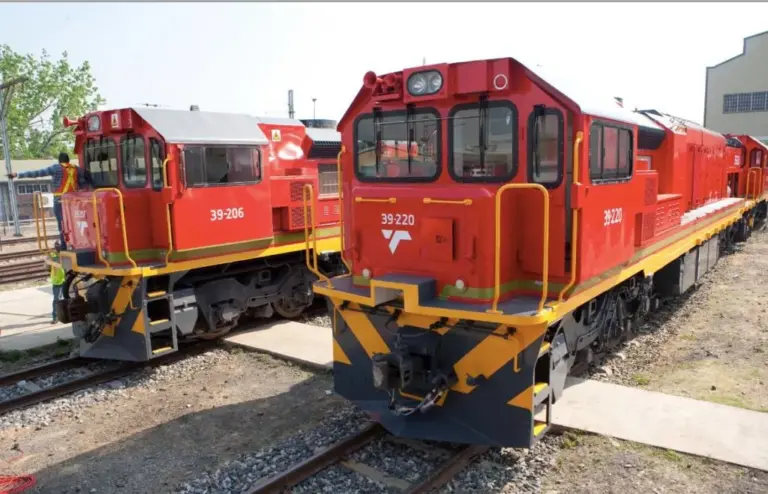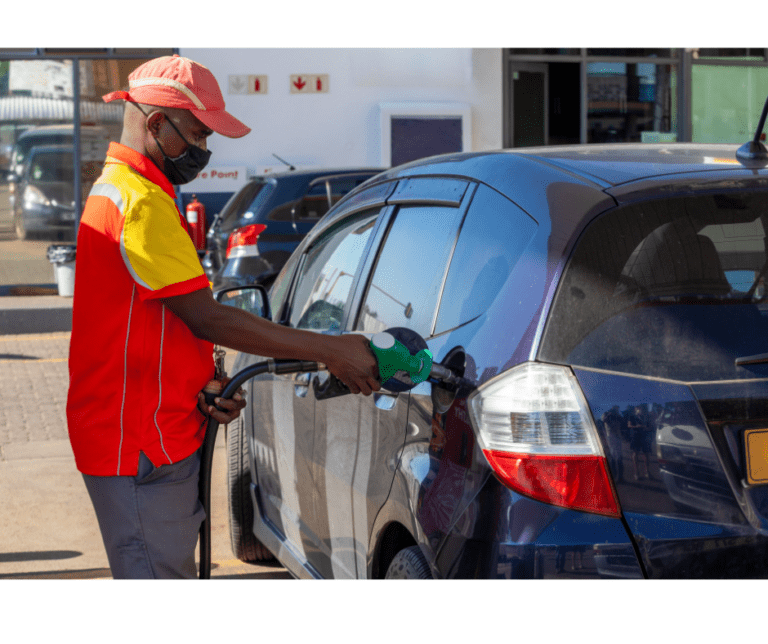In recent years, petrol stations have served as sanctuaries for weary travelers, offering a respite from long journeys and a sense of security in the midst of uncertain roads. However, a disturbing trend has emerged, shaking the very foundation of this perceived safety net. Petrol stations, once regarded as safe havens, are now becoming prime targets for hijackers, posing a grave risk to motorists across South Africa.
The harrowing incident earlier this month involving Kaizer Chiefs defender Luke Fleurs sent shockwaves through the nation. Fleurs tragically lost his life during a hijacking at a service station in Florida, Johannesburg. His untimely demise serves as a stark reminder of the grim reality faced by motorists who unsuspectingly find themselves in the crosshairs of criminal activity while simply refueling their vehicles.
The rise in petrol station hijackings has left experts and authorities deeply concerned, prompting calls for heightened vigilance among motorists. Statistics paint a chilling picture, indicating a notable uptick in such incidents in recent times. As petrol stations become increasingly vulnerable to criminal elements, the safety of motorists hangs precariously in the balance.
Commenting on the alarming trend, security experts underscore the need for motorists to exercise utmost caution when visiting petrol stations. “The days of assuming safety at petrol stations are long gone,” remarks John Smith, a security consultant with extensive experience in crime prevention. “Motorists must remain vigilant at all times, especially during vulnerable moments such as refueling.”
The modus operandi of petrol station hijackers often involves swift and coordinated attacks, catching motorists off guard and leaving them with little time to react. According to Smith, “Hijackers are adept at exploiting moments of distraction, capitalizing on the element of surprise to carry out their nefarious deeds.”
In response to the escalating threat posed by petrol station hijackings, authorities are intensifying efforts to enhance security measures at these facilities. Police patrols have been ramped up in hotspot areas, while petrol station owners are urged to invest in advanced surveillance technology and trained security personnel.
Despite these proactive measures, concerns linger regarding the adequacy of existing security protocols and the ability of law enforcement agencies to effectively combat the scourge of petrol station hijackings. Critics argue that more comprehensive strategies are needed to address the root causes of crime and dismantle criminal networks operating with impunity.
The impact of petrol station hijackings extends beyond the realm of personal safety, exerting profound economic and social repercussions. “The prevalence of hijackings at petrol stations not only threatens the physical well-being of motorists but also undermines public confidence in essential services,” observes Sarah Johnson, a sociologist specializing in crime dynamics.
Indeed, the pervasive fear instilled by such brazen acts of violence erodes trust in institutions tasked with ensuring public safety and engenders a climate of anxiety and uncertainty among ordinary citizens. The ripple effects of this insecurity are felt across society, stifling economic activity and impeding efforts to foster a sense of community cohesion.
As South Africa grapples with the multifaceted challenges posed by petrol station hijackings, concerted action is imperative to stem the tide of criminality and restore a semblance of safety and normalcy to the nation’s roads. Beyond reactive measures, there is a pressing need for holistic approaches that address the underlying socio-economic factors driving crime and empower communities to actively participate in crime prevention initiatives.
In the face of adversity, resilience and unity emerge as powerful antidotes, offering hope amidst despair and fortitude in the face of adversity. It is incumbent upon all stakeholders – government, law enforcement agencies, civil society, and the private sector – to collaborate synergistically in pursuit of a safer, more secure future for all.
As motorists navigate the perilous terrain of South Africa’s roadways, let us stand in solidarity against the scourge of petrol station hijackings, resolute in our determination to reclaim our streets from the clutches of criminality. In honoring the memory of victims like Luke Fleurs, we reaffirm our commitment to building a nation where safety, justice, and dignity prevail.
In conclusion, the specter of petrol station hijackings looms large, casting a shadow of fear and uncertainty over the South African landscape. Yet, in the midst of darkness, there exists the promise of a brighter tomorrow – a future where the right to safety is not a privilege but a fundamental human right. It is within our collective power to realize this vision, to forge a path towards a safer, more secure tomorrow for generations to come.






